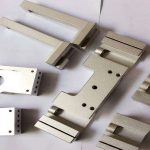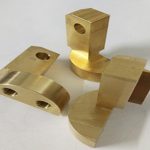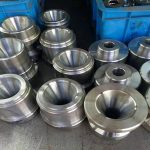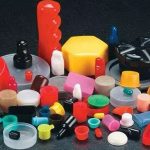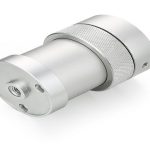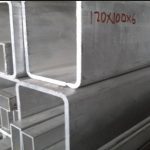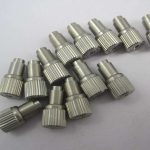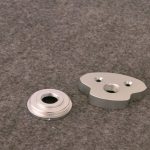What I want to introduce to you today is the electroplating bath charging and density measurement methods. Friends who want to know can learn with this editor. I hope this editor’s explanation will be helpful to friends who are going to buy electroplating tanks!
1. The main content of process management on the electroplating production site
1) Control the composition of each tank liquid in the process formula specification. Observe the prescribed chemical analysis cycle.
2) Maintain the process conditions of electroplating production. Such as temperature, current density, etc.
3) Maintain good electrical contact between the cathode and the anode.
4) Strict cathode and anode suspension positions.
5) Keep the bath clean and control bath impurities.
6) Keep the electroplating rack in good condition and make good electrical contact with the hooks and hanging teeth.
2. Electroplating bath solution feeding method: feeding should be based on the principle of “adding frequently” and “adding less”.
2.1 Supplement of solid materials
Some organic solid materials are first dissolved in organic solvents, and then slowly added to improve solubilization. If added directly, the plating solution will tend to be turbid. General solid materials can be dissolved in batches with the solution in the plating tank. Take part of the electroplating solution and slowly add the materials to be added under stirring, and then add the supernatant liquid to the plating tank when it is still and clarified. Add the plating solution to the undissolved part and stir to dissolve. Repeat the operation in this way until all of them are added. Without affecting the total volume of the plating solution, it can also be stirred and dissolved with deionized water or hot deionized water and then added to the plating tank. Some solid materials are easy to form lumps, which affect the dissolution process. You can use a small amount of water to make a thin paste first, and gradually dilute to avoid the formation of lumps.
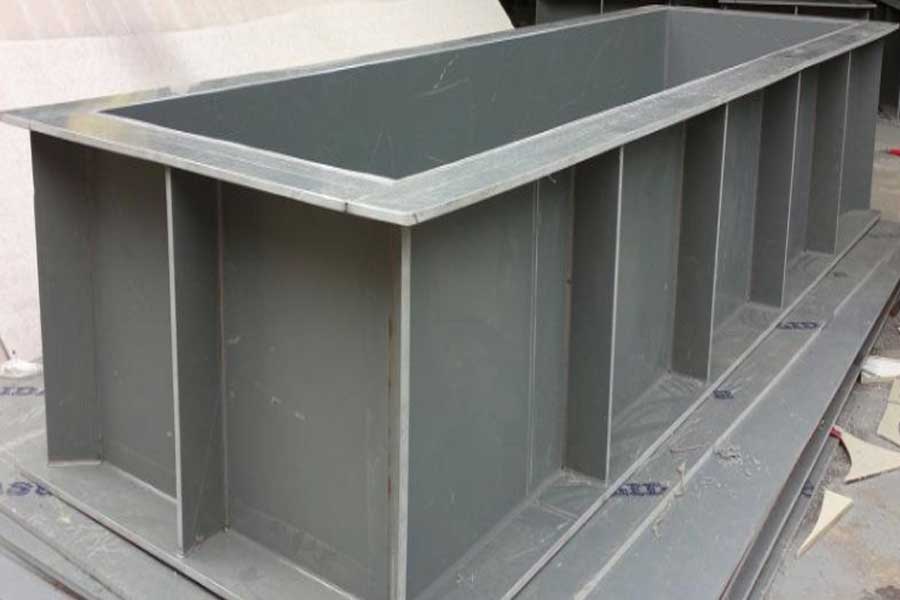
2.2 Replenishment of liquid materials
It can be diluted appropriately with deionized water or diluted with plating solution and added slowly under stirring. It is strictly forbidden to add the stock solution of the additive brightener into the plating tank.
2.3 Timing of replenishment
It is best to add materials when the plating is stopped. After being added, it is thoroughly stirred and then put into production. Adding materials in production should be added during the “temporary rest” period just after the workpiece comes out of the groove. It can be added on the side of the liquid outlet of the circulating pump, and the adding speed should be slow, and the medicine will be quickly dispersed with the impact force of the liquid outlet.
2.4 Possible consequences of improper feeding method
1) If the brightener is added, it is easy to cause the color difference of the workpiece in this tank.
2) If the added solid material is not dissolved, it is easy to cause burrs or roughness of the coating.
3) If acid is added to adjust the pH, it will cause uneven internal pH of the bath and cause pinholes locally.
3. Testing method for density of plating solution and other auxiliary solutions
3.1 Always measure the density of the solution
The density of newly prepared plating solution or other auxiliary solution must be measured and saved as a file for later comparison. The density of the plating solution generally increases as the bath age increases. This is due to the accumulation of impurity ions and additive decomposition products in the plating solution. Therefore, the solution density and the solution composition test data can be comprehensively analyzed to determine the cause of the bath failure to facilitate elimination.
3.2 Method for measuring solution density
In electroplating production, a density meter or a Baume meter is commonly used to test the density of the solution. Density and Baume can be converted by the following formula. For liquid density that is heavier than water = 145/(145-Baume degree), Baume degree = (145×145)/density, when testing with a Baume meter, the range should be tested from a small, if the Baume metering range is selected Improper, it will damage the Baume meter. Do not test the density in the plating tank, take out part of the plating solution and perform it outside the tank. Test in the plating tank, when the hydrometer or Baume meter is damaged, the plating solution will be contaminated by lead particles. The test solution should be taken out about 1.5L (using a 2000mL beaker), the hot solution can be cooled with a water bath. Then transfer the sample solution to a 1000mL straight measuring cylinder, and the amount is about 20mm away from the mouth of the cylinder, and it can be measured with a hydrometer.
Link to this article: Electroplating bath charging and density determination method
Reprint Statement: If there are no special instructions, all articles on this site are original. Please indicate the source for reprinting:https://www.cncmachiningptj.com/,thanks!
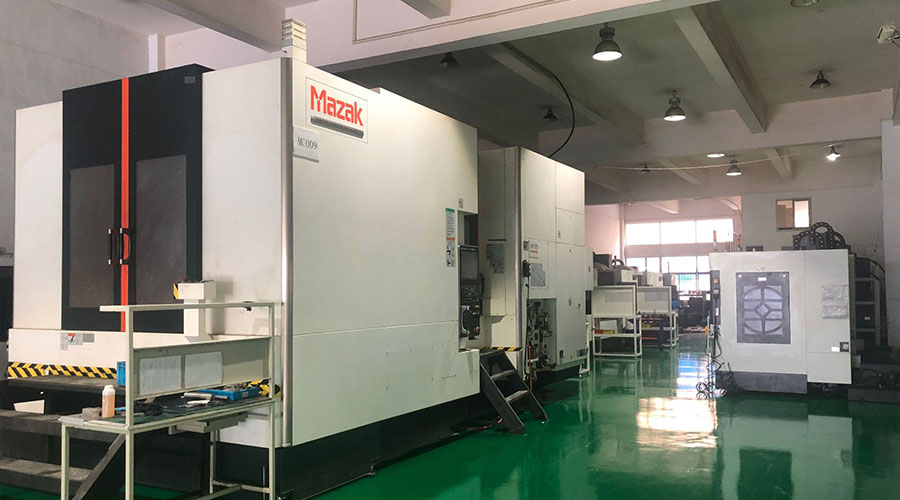 Sheet metal, beryllium, carbon steel, magnesium, 3D printing, precision CNC machining services for heavy equipment, construction, agriculture and hydraulic industries. Suitable for plastics and rare alloys machining. It can turn parts up to 15.7 inches in diameter. Processes include swiss machining,broaching, turning, milling, boring and threading. It also provides metal polishing, painting, surface grinding and shaft straightening services. The production range(include aluminum die casting and zinc die casting) is up to 50,000 pieces. Suitable for screw, coupling, bearing, pump, gearbox housing, drum dryer and rotary feed valve applications.PTJ will strategize with you to provide the most cost-effective services to help you reach your target,Welcome to Contact us ( [email protected] ) directly for your new project.
Sheet metal, beryllium, carbon steel, magnesium, 3D printing, precision CNC machining services for heavy equipment, construction, agriculture and hydraulic industries. Suitable for plastics and rare alloys machining. It can turn parts up to 15.7 inches in diameter. Processes include swiss machining,broaching, turning, milling, boring and threading. It also provides metal polishing, painting, surface grinding and shaft straightening services. The production range(include aluminum die casting and zinc die casting) is up to 50,000 pieces. Suitable for screw, coupling, bearing, pump, gearbox housing, drum dryer and rotary feed valve applications.PTJ will strategize with you to provide the most cost-effective services to help you reach your target,Welcome to Contact us ( [email protected] ) directly for your new project.
Link to this article:Electroplating bath charging and density determination method
Reprint Statement: If there are no special instructions, all articles on this site are original. Please indicate the source for reprinting:Tungusten,Thanks!^^

